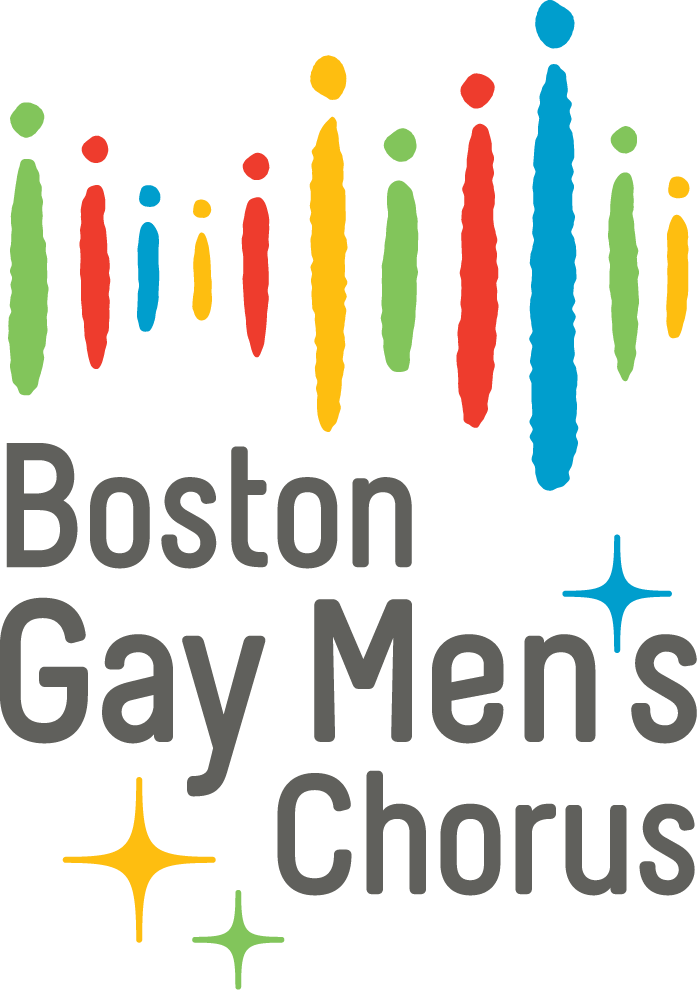A year ago this month we landed in South Africa to learn that Melvin Naik, the mayor of George—where we would be performing a free community concert and participating in the city’s first-ever Pride parade—had gone onto a popular Christian radio program to declare that we were not welcome in his city.
Naik’s comments were immediately condemned by his political party, the Democratic Alliance of South Africa, and South Africa President Cyril Ramaphosa invited us march with him in Soweto’s annual Youth Day march which commemorates the June 16, 1976 Soweto uprising by students that sparked South Africa’s anti-Apartheid political movement.
Fallout from Naik’s radio interview continues today. Results of an investigation launched into Naik’s comments, as well as allegations of fraud and corruption related to his work as mayor, were reported last spring. Among the list of amends required by Naik was a formal, written apology to The Boston Gay Men’s Chorus for the way he greeted our arrival in South Africa. As of this writing, we’ve yet to hear from Naik, who has been suspended for three years from membership in his political party. It’s unclear if Naik has completed other requirements of his sentence, which include payment of a fine of 5,000 rand (approximately $350) and participation in anti-bias training.
“A year has gone by. But it’s never too late to apologize and we’d be very happy to see something from Mayor Naik that reflects an understanding of the hurt he caused,” said Boston Gay Men’s Chorus Executive Director Craig Coogan. “Of course, what we’d really like to see is an apology that shows that the mayor respects the lesbian, gay, bisexual, transgender, and intersex people who reside in his city. We met so many members of this community when we were in George and remain inspired by their courage to live authentically.”
When we arrived in George last June, we were personally greeted by the city’s Deputy Mayor Charlotte Clarke, and its Director of Community Development Sean Snyman both of whom said that Naik’s comments did not reflect the city of George. Our concert in George was well-attended—both Clarke and Snyman were in the audience along with most members of the George City Council—and served as the region’s first LGBTQ-focused cultural event. During George’s festive inaugural Pride parade, we carried the banners of Boston Pride and InterPride.
“We were gratified to be able to support George’s LGBTI community, which expertly navigated the controversy, ensuring that we would be able to perform and that the Pride march would not be disrupted,” Coogan added. “It was also quite moving to witness the entire community of George, including municipal officials, reject the homophobia reflected in Naik’s remarks. Although we have yet to receive Naik’s apology, we hope that the actions of acceptance we witnessed in George continue today.”
The tour of South Africa took place from June 11-25. We began our tour in Johannesburg where we performed at Soweto Theatre with the Mzansi Gay Choir, an all-gay troupe that formed in 2015 that uses music to support its activism. The sold-out concert raised $3,000 to launch and fund the first year of a LGBTQ-focused project at Kliptown Youth Program to provide resources to LGBTQ members of the Kliptown community and educate residents about LGBTQ issues.
Our second concert took place in front of a raucous crowd at Wits University. The event raised $8,000 for GALA–Memory in Action’s “YOUth” initiative, which serves LGBTQ youth. We performed two concerts in Cape Town. The first took place in Langa, an impoverished township of Cape Town. The event was free and performed before a crowd of mostly LGBTQ immigrants, refugees, and asylum seekers from neighboring countries with harsh, anti-gay policies in place. BGMC and ACFEA Tour Consultants, which organized the tour, contributed $6,000 to PASSOP (People Against Suffering, Oppression and Poverty), an organization that works with LGBT refugees and asylees. The second Cape Town concert took place at Hugo Lambrechts Music Centre and raised $12,000 for the Triangle Project, which provides serves to people living with HIV. BGMC also contributed $3,000 to the Pride Shelter, which serves LGBTQ people who are homeless.
“Controversy aside, this tour showed yet again that music is a universal language,” Coogan said. “When we share our stories and our humanity through song, we find common ground with others.”
